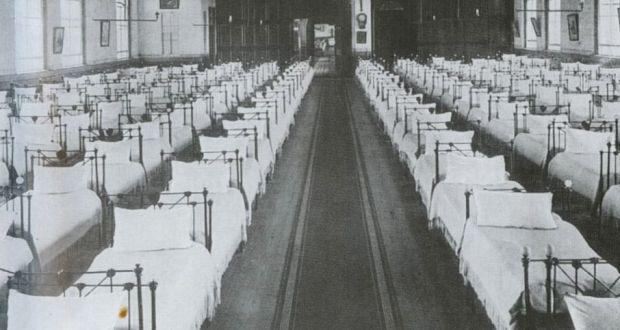|
Diarmuid Ferriter: No redress for a botched scheme
By Diarmaid Ferriter
Too many who needed to be helped were instead subjected to new trauma In 1972, A J Wallace, a 24-year-old former inmate of Artane Industrial School, who moved to London after his release, wrote to Taoiseach Jack Lynch: “It is now eight years since I left the Republic a free individual. Unfortunately for me, I can never forget one day of my 16 years in your country... I was admitted to an orphanage at the age of two years; at the age of 10 I was transferred to Artane where I was to stay another six years. I do not intend to put in writing at this very moment the treatment to which helpless children are subject to while in the care of the Irish Catholic authorities. I do not know if it could be possible, but I sure wish I had the opportunity to speak with you personally… I do believe that if I had a chance to tell my story a great deal of good could be done.” Like many others, in reacting to the Ryan report in 2009, I highlighted its importance as a monument to the victims because it laid bare what went on in devastating but necessary detail and was a reminder it took decades for people like Wallace to tell their stories and get acknowledgement of the pain they suffered. But there was to be no neat resolution, and what is appalling is that more than 10 years later, as heard in RTÉ’s powerful two-part series Redress, aired this week, some victims are still having to cope not just with the original abuse, but its compounding by church and state. Too many who needed to be helped by those with expertise in trauma were instead subjected to new trauma arising out of a badly mismanaged redress scheme. In 2000 the Minister for Education Michael Woods announced that a redress scheme was being established. The Conference of Religious of Ireland (CORI) indicated willingness to be involved, but the congregations wanted state indemnity “against all further liability”. As highlighted by Patsy McGarry, a government memorandum noted the congregations would make a “worthwhile contribution if given a full indemnity”. They offered a paltry £45 million in 2001, which the Minister for Finance felt “effectively leaves the state to bear virtually the full cost of the redress scheme”. In January 2002 it was announced they would contribute €128 million and the deal, including the indemnity, was signed in June 2002. Michael Woods has maintained it “was the best deal that could have been done at the time… what I did was the right thing… there was no time for looking for further”. For some the proceedings of the redress board created further trauma as they were demeaned and interrogated It was far from the right thing and the cabinet that agreed it should be thoroughly and publicly ashamed. As the Attorney General Michael McDowell advised at the time, the potential cost of the scheme could well exceed the maximum estimate of €500 million suggested by the department of education, and there was no mechanism within the deal to increase the congregations’ contribution. It ultimately cost in excess of €1.5 billion. Nor had the AG been kept fully informed on negotiation of the indemnity deal. Hostility and secrecyIn 2004, Taoiseach Bertie Ahern maintained the reason McDowell’s concerns were not heeded was because the Government had decided “not to take a legal view. We thought more of the individuals”. But as it turned out, legal provisions were deemed of the utmost importance in relation to redress. When the Residential Institutions Redress Board was set up, a gagging clause banned recipients of compensation from talking about their experience of the scheme and their compensation, with a potential fine of €3,000 or six months in jail on conviction in the District Court. Alongside that, as revealed in painful detail in the Redress programmes, for some the proceedings of the redress board created further trauma as they were demeaned and interrogated. Hostility, secrecy, concealment, and threats of incarceration for transgressors: what a fresh betrayal it amounted to on top of a stunning dereliction of state duty in agreeing the original financial deal. In 2011, I met another victim of abuse in the 1970s by the Christian Brothers. It was 31 years before he could speak about it, but as he wrote of himself and others, “The Christian Brothers put us through four and a half years of legal, technical stress before eventually getting them to the High Court… They decided to fight us on four legal technicalities and my SC advised me to walk away. He felt I would lose my case and be liable for their costs of approximately €75,000”. He thought it particularly ironic that the previous year Pope Benedict XVI “in his new year message, spoke about the importance of truth in society when he has led for eight years an organisation based on lies and mistruths”. From the perspective of abuse survivors, it was only one in a long list of cruel ironies.
|
.
Any original material on these pages is copyright © BishopAccountability.org 2004. Reproduce freely with attribution.
